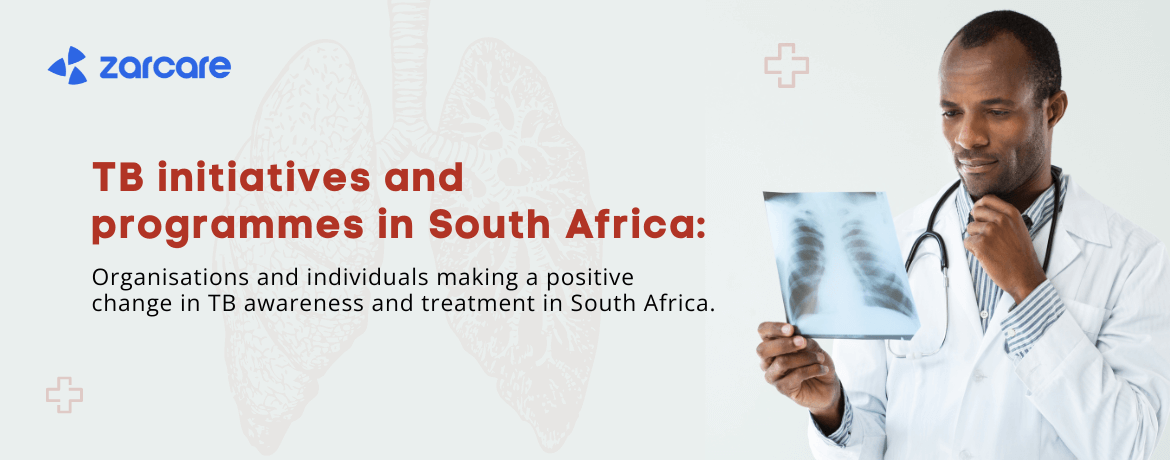Important Information on (Tuberculosis) TB Initiatives and Programmes in South Africa

Tuberculosis (TB) is a significant public health challenge in South Africa. It has been said that it is the leading cause of death as a single infectious disease. The country has one of the highest TB burdens in the world, especially among people living with Human Immunodeficiency Virus (HIV) and those with drug-resistant TB (DR-TB). The government and various partners have launched several initiatives and programmes to address this crisis and improve TB prevention, diagnosis, treatment, and care. Some of these are: National TB Recovery Plan This plan aims to reverse the losses incurred during the COVID-19 pandemic and associated lockdowns and accelerate efforts towards attaining the national and global TB targets. The plan focuses on six priority areas: TB Accountability Consortium The coalition of civil society organisations aims to strengthen TB care in South Africa by consolidating the implementation of TB policies, technical solutions, and advocacy efforts on a national and provincial level. The consortium also supports community involvement in the governance of TB programmes at the grassroots level and produces annual reports on TB in the country². TB Programme South Africa The programme is funded by USAID and implemented by University Research Co., LLC (URC) and its partners. It supports the National Department of Health and provincial health departments in improving the quality and effectiveness of TB services, especially for PLHIV and DR-TB patients. The programme t also works with communities and health facilities to increase TB case findings, linkage to care, and adherence to treatment⁵. Analysis of Consolidated Spending on HIV and TB in South Africa The study is conducted by Results for Development (R4D) and the Health Economics and Epidemiology Research Office (HE2RO) of the University of the Witwatersrand. The study provides a comprehensive picture of the spending on HIV and TB prevention, care, and treatment interventions in South Africa by the government, PEPFAR, and the Global Fund. The study also identifies funding gaps and opportunities for efficiency and sustainability⁴. These are some examples of the TB initiatives and programmes in South Africa that positively change TB awareness and treatment. Many other organisations and individuals, such as researchers, health workers, activists, and TB survivors, contribute to the fight against TB. Together, they are working towards a TB-free South Africa and the world. Source: (1) NATIONAL TB PRIORITIES – Department of Health. https://www.health.gov.za/wp-content/uploads/2021/10/BRIEFING-SESSION-OCTOBER-2021.pdf. (2) TB programmes in South Africa must become more transparent. https://rhap.org.za/2023/03/tb-programmes-in-south-africa-must-become-more-transparent/. (3) TB Program South Africa – URC. https://www.urc-chs.com/projects/tb-program-south-africa/. (4) Analysis of Consolidated Spending on HIV and TB in South Africa. https://r4d.org/resources/analysis-consolidated-spending-hiv-tb-south-africa/. (5) TB policies in South Africa. https://www.stoptb.org/sites/default/files/South%2520Africa.pdf. (6) Why is TB called the ‘disease of paper’ in Eastern Cape villages? https://bhekisisa.org/opinion/2024-03-25-why-is-tb-called-the-disease-of-paper-in-eastern-cape-villages/. (7) Does SA’s biggest killer show up in your party’s manifesto? https://bhekisisa.org/opinion/2024-03-22-does-sas-biggest-killer-show-up-in-your-partys-manifesto/. (8) Someone close to me has been diagnosed with TB – what should I do? https://www.spotlightnsp.co.za/2024/03/18/someone-close-to-me-has-been-diagnosed-with-tb-what-should-i-do/.
